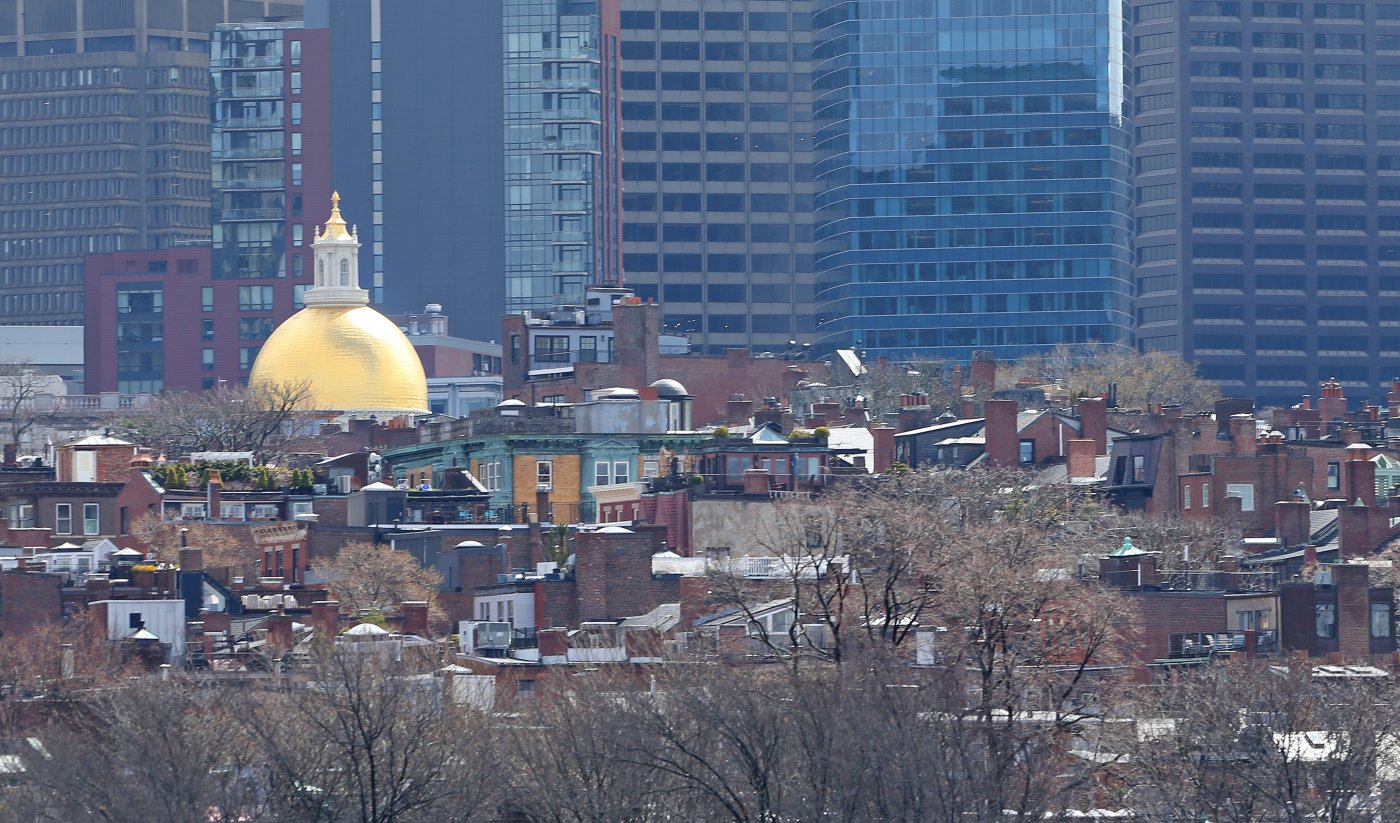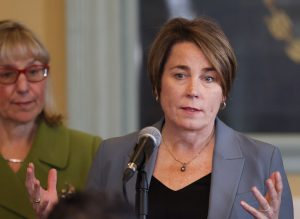
Editorial: MA watchdog serves notice to $$ double-dippers
The emperor has no clothes, and Inspector General Jeffrey Shapiro just dared to point it out.
Shapiro was speaking of the time-honored practice of double-dipping, in which former public employees collect pensions while also receiving paychecks from current jobs, as State House News reported.
State law limits how much public retirees can work and earn from another public sector job, but those caps are “primarily enforced through a self-monitored honor system,” Shapiro’s office found.
Hefty paycheck double dipping is a bit of a tradition in Massachusetts, like the opening of the Swan Boats, or the delivery of Boston’s Christmas tree from Nova Scotia. The “self-monitored honor system” works well for those who indulge in the practice until they wind up on the pages of the Boston Herald.
In 2021, the Herald wrote of a state employee who pulled down $134,299 working two jobs — one for the MBTA and the other for MassDOT.
Payroll data from the Comptroller’s Office listed Carl Breneus of Boston as a “full-time” “repairer” at the MBTA at $81,952 annual base pay. He also earned a paycheck at the Department of Transportation that year as a “full-time” janitor with a base pay listed at $52,347.
The Herald also reported that year on one John Hersey, who worked at both the MBTA and Denver’s transit agency during the height of the pandemic. He earned a combined salary of $220,000-plus, Rocky Mountain State officials confirmed.
“He was not authorized to engage in outside employment,” Pauletta Tonilas, assistant general manager at RTD Denver, said. “It’s discouraging. … We have a code of ethics and ask our employees to follow it.”
We have an honor system. And this is what we get.
These two cases are far from isolated, there have been many more such double dippers covered in the Herald for years. Many, many more.
“No single agency tracks post-retirement earnings of public retirees. Earnings cap calculations are complicated and individual to each retiree,” Shapiro wrote in a letter to Beacon Hill leaders alongside his office’s report. “Oversight is inconsistent, and in some cases, non-existent. Enforcement is reactive, mostly directed at the most egregious cases. Penalties for exceeding the earnings cap are minimal. This should not be the case for the Commonwealth’s retirement system, which is a billion-dollar enterprise.”
Should not, but is. And we applaud Shapiro’s calling out the laxness of earning limit oversight.
Shapiro’s report made recommendations to fix the problem, including having lawmakers create a financial penalty for retirees. It also called on the Legislature to bulk up enforcement of the existing limits, either by creating a new standalone agency or empowering the Public Employee Retirement Administration Commission.
Good luck with that. This is the same Legislature that’s fighting tooth and nail to keep Auditor Diana DiZoglio from having a peek at the books. House Speaker Ron Mariano has been so successful at shutting DiZoglio out, he could work as a consultant to the Border Patrol.
A job here and employment elsewhere simultaneously – that’s how Bay State public employees make it (twice) in Massachusetts.
Editorial cartoon by Bob Gorrell (Creators Syndicate)

